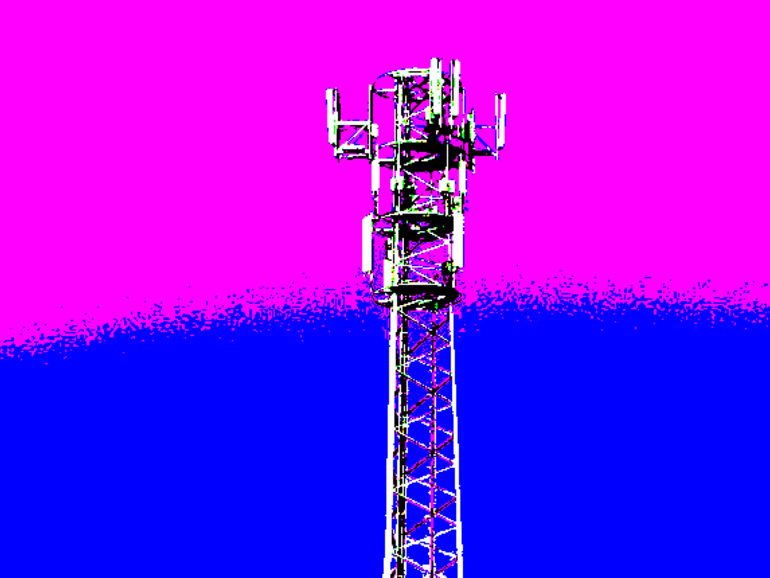Brazil Vice President Hamilton Mourão has sparked controversy this week after stating that the cost of 5G in the country will increase significantly if Huawei is banned from supplying the equipment for the roll-out of the fifth-generation technology.
At an industry event held by the São Paulo Trade Association on Monday (7), Mourão cited an estimate from the Brazilian telecommunications agency Anatel that Huawei’s products represent about 40% of the 3G and 4G infrastructure that is currently in place in Brazil and issued a warning:
“If Huawei can’t supply the [5G] equipment, the cost will be a lot higher”, Mourão noted, adding that in the event of an infrastructure review, the additional cost would have to be relayed to consumers.
Mourão then went on to say that Brazil’s 5G auction – which was to take place in March 2020 and has been postponed for 2021 – relates to the spectrum and that telecommunications operators that are already present in Brazil will be able to participate. When it comes to the infrastructure, he noted that the companies that “demonstrate respect to [Brazil’s] sovereignty, privacy and cost efficiency” would be able to do business in the country.
However, Brazil has been under increasing pressure to ban the Chinese company and last year, Mourão confirmed that US President Donald Trump had requested a Huawei boycott during a meeting with Brazil President Jair Bolsonaro. At the time, the Vice President said Brazil “can’t miss out on the 5G opportunity” and that the government would not interfere with the Chinese firm’s activities – as long as the firm creates local jobs and plays by its rules.
Mourão’s latest comments around a potential cost increase for 5G in the event of a Huawei ban were not well received by other senior government figures. On Tuesday (8), Bolsonaro said he is “not open to talking about 5G with anyone who hasn’t consulted with [communications minister] Fábio Faria first”.
Similarly, Faria also dismissed Mourão’s warning, stressing that he, along with the president, have the upper hand on the subject: “Besides, Mourão is involved with the Amazon Council, which demands a lot of focus and work. I think he won’t have time to also deal with the 5G matter, which is being handled by [the communications Ministry]”, the minister noted.
At that point, the minister was already working to minimize the impact of Mourão’s comments and met with representatives the five main telecom operators in Brazil (Vivo, Claro, Oi, TIM and Algar Telecom). According to Faria, the meeting aimed to address what he described as disinformation and untrue rumors, as well as the companies’ concerns, and to reiterate that 5G is to be discussed exclusively by the Communications Ministry and Bolsonaro.
Contacted by ZDNet, Huawei did not respond to requests for comment on the latest statements from Brazil’s senior government officials.
Yesterday (9) a working group of the lower house of the National Congress was created to monitor the implementation of 5G in Brazil. Under a timeframe of 180 days from the launch date, the group will suggest measures to improve the legislation for telecommunications services in the context of 5G, and also assess the impact of the implementation of new technology in Brazil. The group should also work towards preventing a potential Huawei ban for ideological and political reasons.
Before this week’s developments, the telecom sector had been voicing concerns over the government’s stance around certain aspects relating to 5G. Without citing Huawei directly, the Brazilian trade body representing the telecommunications companies Conexis Brasil Digital said the uncertainty over a potential ban of infrastructure suppliers was a cause for concern and called for transparency:
“This uncertain environment can impact the sector’s performance, given that restrictions may lead to potential cost imbalances and delays in the [5G roll-out] process, impacting the population directly”, the trade union said in a statement, adding that pricing, global scale and innovation delivered by vendors currently present in Brazil are crucial factors for operators in ensuring service delivery at a competitive cost to consumers.
In October, Huawei Brazil president Sun Baocheng said that banning the Chinese firm would have far-reaching consequences for the 5G rollout in the Latin American country: as well as a costly upgrade of networks, it would create an impression that Brazil is no longer a free market, which would impact foreign investments.



